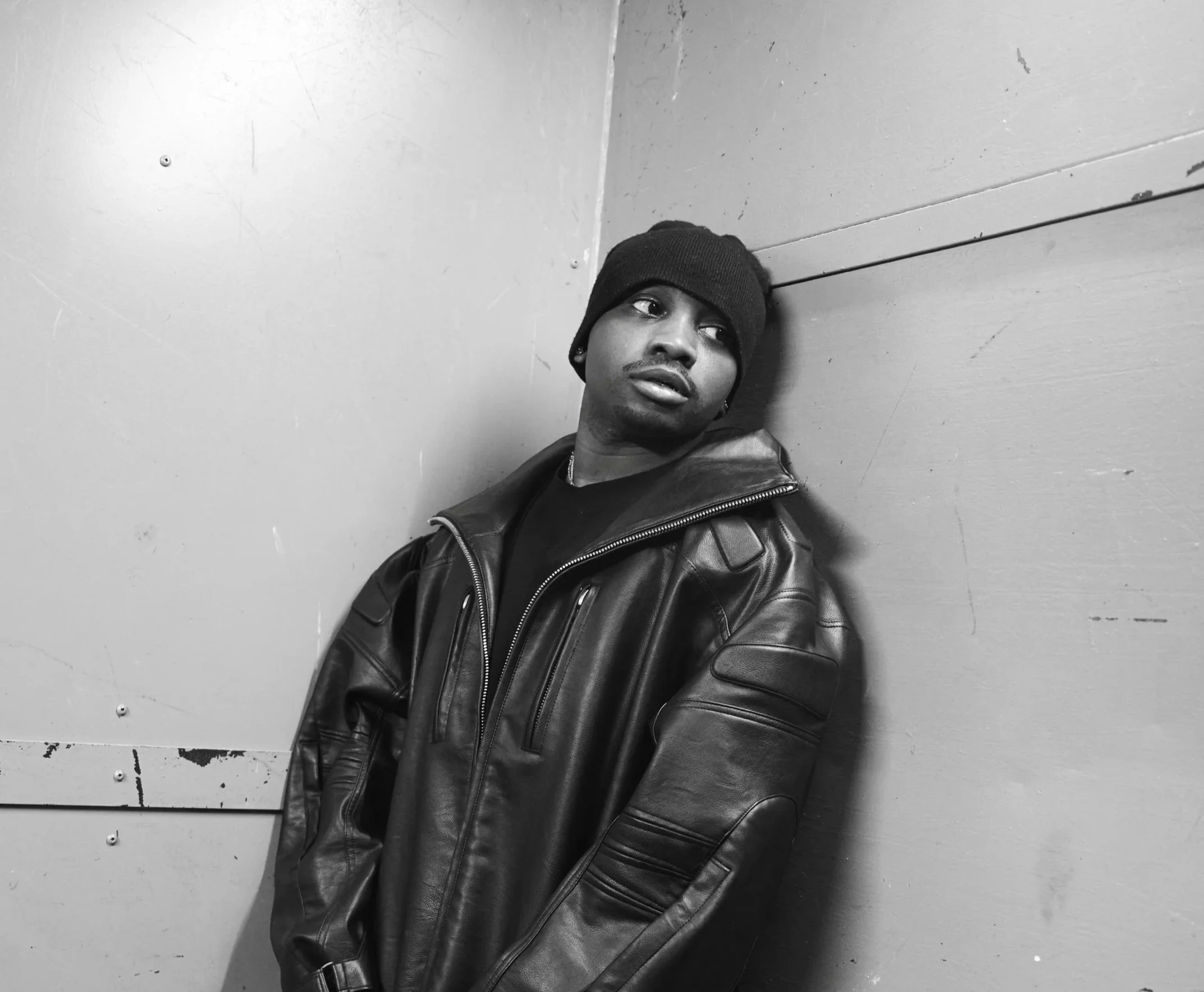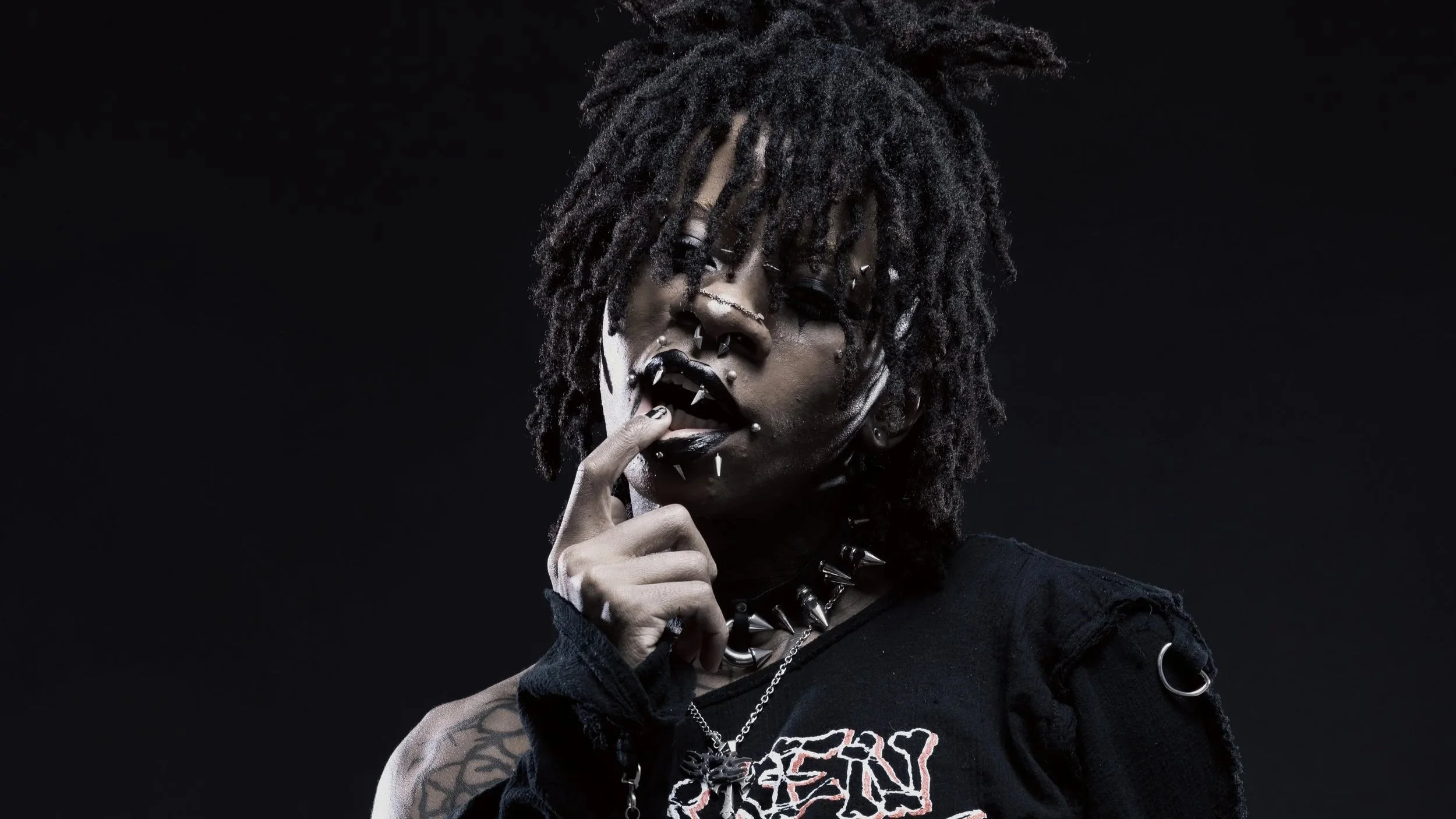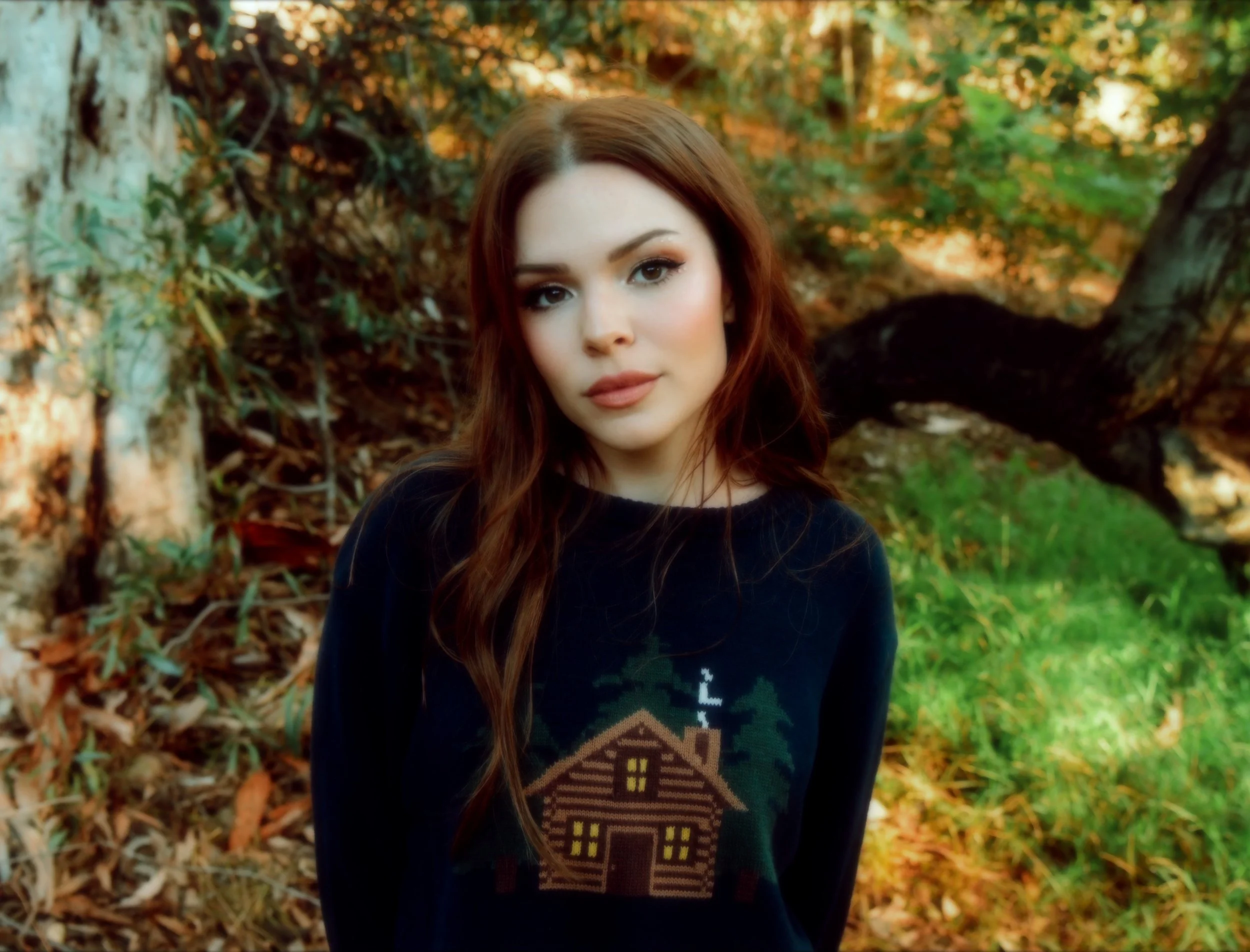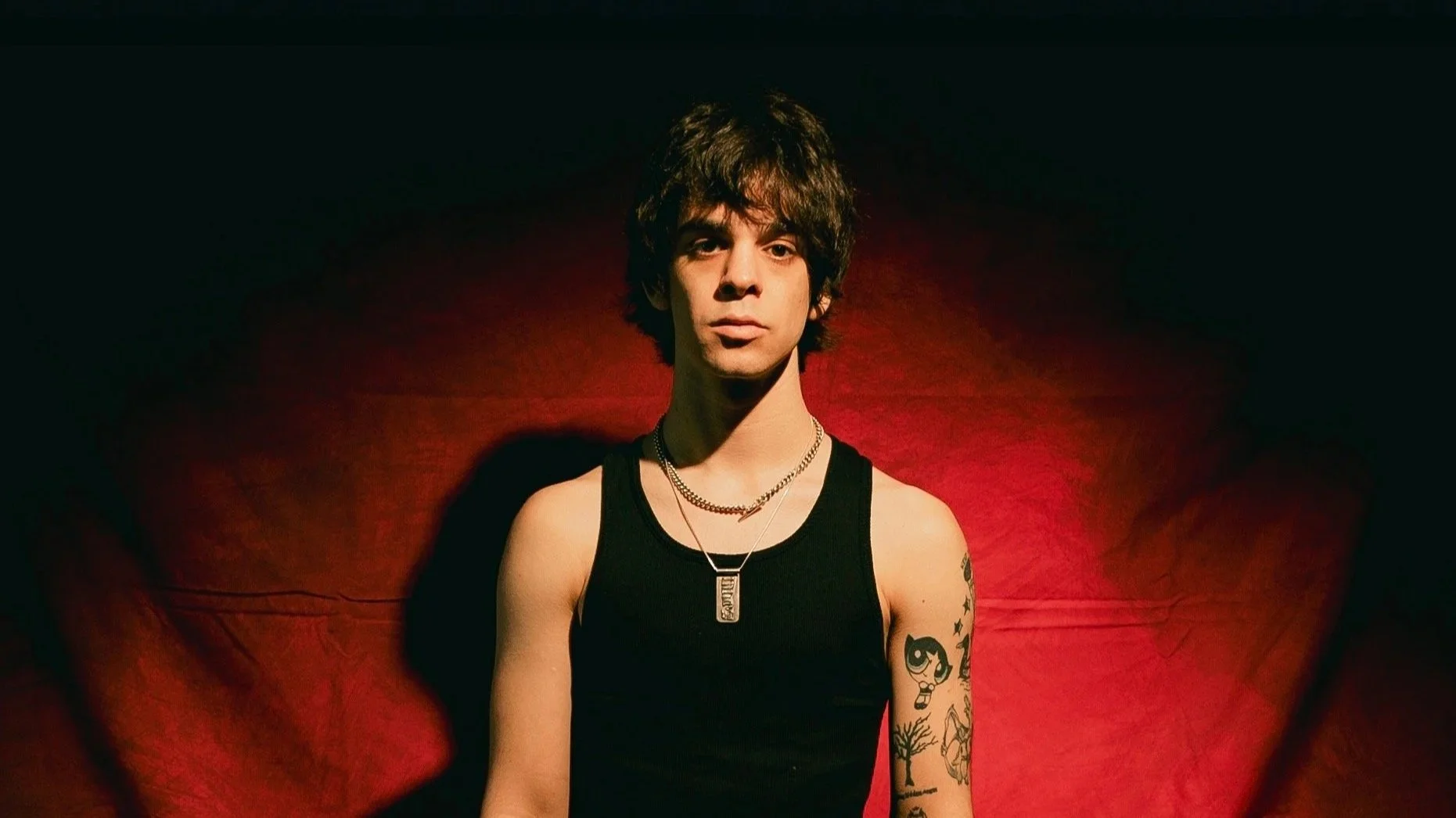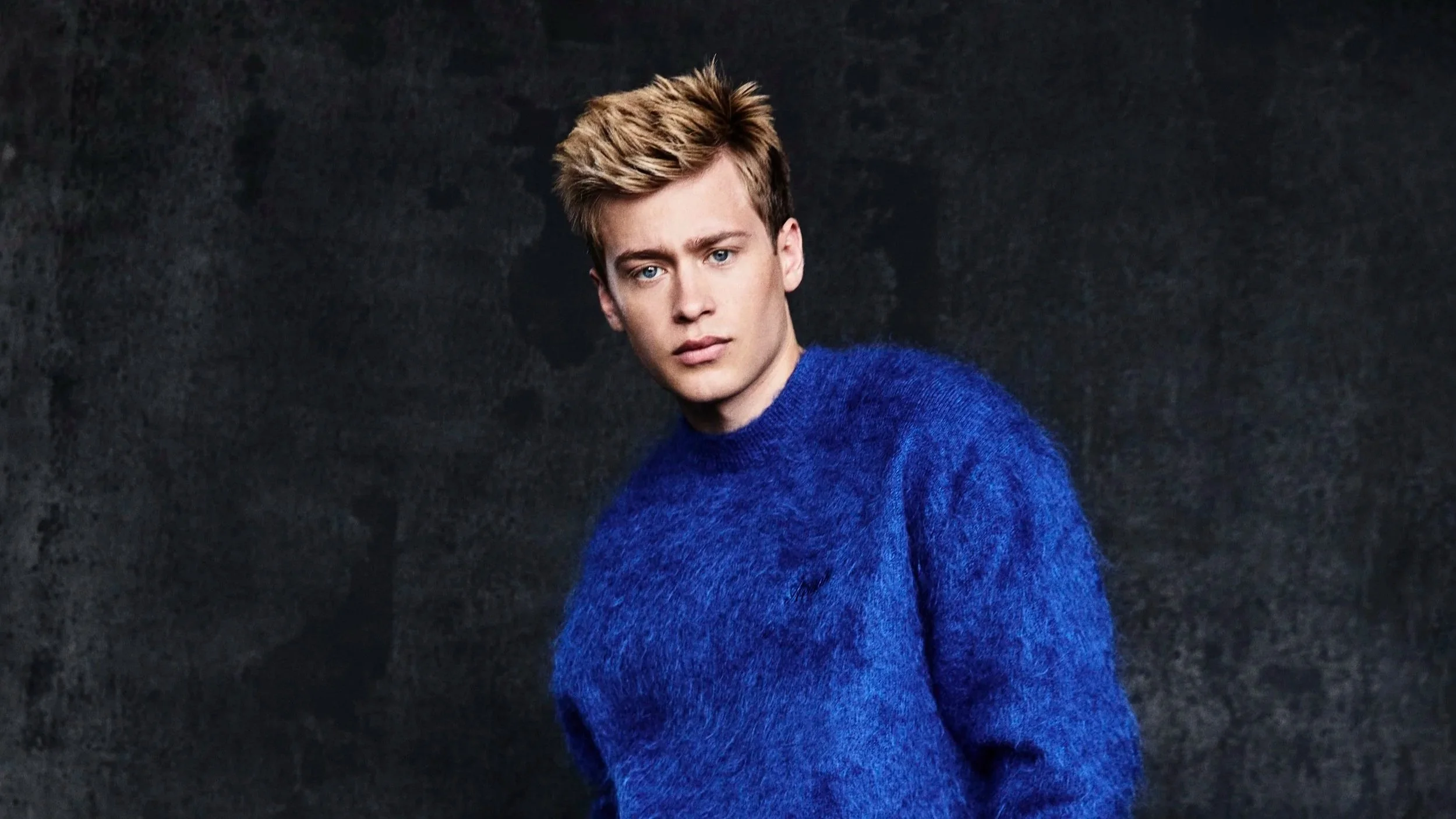Henry Rowley on Playing Will Scarlet in MGM+'s Robin Hood
Henry Rowley arrives to Robin Hood by a route that makes sense once you see it. He started in theatre, shifted into live comedy that sharpened his timing, then circled back to screen with a clearer sense of how to hold an audience. After earning his place in early stage work, he built momentum at Edinburgh—culminating in Just Literally, a sold-out solo run at the Pleasance—before taking the show on a UK tour that reached rooms like Alexandra Palace and Richmond Theatre. This past year, he even kept one foot on stage while testing film work with What Feminism Is, directed by Emma Smith.
Now the focus is on television. Rowley joins MGM+’s Robin Hood as Will Scarlet in a ten-episode first season rolling out this month. It’s pitched to audiences as a grounded retelling led by Jack Patten (Robin) and Lauren McQueen (Marian), with Sean Bean as the Sheriff of Nottingham and Connie Nielsen as Queen Eleanor, rounding out a skilled ensemble. Shot in Serbia, the production also leans on physical locations and period craft rather than gloss, which suits the way this version builds the band: less instant legend, more assembly.
Now, Rowley is chatting with Stardust about his immersive new role in Robin Hood, ahead of its two-episode premiere.
When you first met this version of Will, what was on the page that you immediately understood about the character?
Henry Rowley: His playfulness. That’s something I really love about Will: he’s cheeky, charming, mischievous, but not unserious. When you scratch beneath the surface, you see that there’s a real sensitivity and perceptiveness to the character, and that’s something I love about him. Like everyone else, he’s trying to make his way in the world, and he relies on sharp wit and observation to assist him, but he’s not afraid to adapt to his surroundings and have a bit of fun whilst doing it.
I’m lucky that the character was so well written that he really jumps off the page right from his very first scene. But no two people are ever going to perceive a written character exactly the same, and so naturally, just by bringing a character to life, you’re adding your own spin on it. It becomes a collaborative process with everyone involved; you’re constantly discovering new things about the character through working with the crew and cast. I think that’s what’s so fun, is you never fully know how someone else is going to play a scene, and going in somewhat blind and having to react and adapt with your scene partner is so exciting. But I’m very lucky that John and Jonathan created such a great character to begin with and gave me such great direction and advice throughout the process, so it’s been incredible bringing Will to life.
Conversely, what’s something that felt unfamiliar to you?
Henry Rowley: I think there’s an edge to Will that felt relatively unfamiliar, but strangely enough, that’s almost the most exciting part about the character from an acting point of view. I find the challenge of treading new ground and finding those unfamiliar characteristics and inhabiting them exciting; it gives you a lot of room to play and experiment, and develop. I think delving into what you don’t know is what really teaches you about a character.
The show deals with Saxons and Normans, Outlaws and Officials. Where does Will fit in all of this?
Henry Rowley: Will finds himself torn between two worlds. His loyalties to his Saxon roots, his family, and Rob remain with him, but he recognizes that the world as they once knew it has gone, and he has to adapt in order to make his way.
How did filming in Serbia shape the set experience—movement, scale, or atmosphere?
Henry Rowley: It was amazing. The whole crew was fantastic and so lovely, the sets and costumes were so incredible and so detailed, so it really helped to fully immerse us in the world of Robin Hood. Serbia has such stunning countryside, too, so being able to shoot in all of these magical locations was such an amazing experience. I remember going to one specific location and saying, ‘Wow, it feels like I’m in a movie,’ and my friend said, ‘Henry, you basically are.’
Going to some of the sets was really unbelievable. Seeing all of the amazing places and things they’d built, I still can’t quite get my head around it. It honestly makes your job as an actor so much easier because you’re in this amazing, detailed set, wearing a costume that’s accurate down to the finest detail—it’s almost harder not to believe you’re the character.
I really fell in love with Serbia. The people were so lovely and Belgrade is such a fascinating city, with so much to discover. In Winter, it has this dramatic, melancholic, almost cinematic atmosphere to it, and then suddenly in Summer the city comes to life and it’s bursting with energy and people and culture. I love both just as much; it’s a really fascinating city steeped in culture and history. And as I said before, the countryside is so beautiful, I can’t quite get over it.
Action drives a lot of the show. Is there a sequence you were in—or watched—that best captures how the series handles it?
Henry Rowley: There is, but I can’t say what it is yet, unfortunately. But I will say it’s all-in. It’s very hands-on, intense, full-on action in the creation of these scenes. It’s so fast and exciting and intense that you can’t help being caught up in it all, whether you’re watching or involved. The whole crew worked so, so hard to ensure that this energy was captured, working painstakingly over small details over and over to ensure that it was all there, and we got it as we wanted. It was really incredible to see such a talented group of people bring these huge ideas to life, and I’m so excited to see them on-screen.
With several heavy-hitters like Sean Bean and Connie Nielsen anchoring the story, was there anything you learned from working alongside this cast?
Henry Rowley: Working alongside big names like that is obviously an honor. I feel like I learnt from every single cast member. We managed to form such a tight-knit group of people and got along so well, which created a really open culture where we could come to each other with any thoughts or feelings or concerns, and so it was a really open collaborative process. Aside from that, everyone is so ridiculously talented, so working with them in scenes and just bouncing off them teaches you so much. Reacting to their energy and really just working together to guide the energy of a scene is an experience that has taught me so, so much. I feel like I learned a lot throughout the whole process.
What about Will do you most want audiences to carry with them?
Henry Rowley: To be honest, I really think it depends on the person. There’s a lot to Will, and I hope different people relate and react to different elements of his character depending on what stands out to them.
Finally, What Feminism Is gave you a recent short-form screen rep. What carried over from that set to this scale?
Henry Rowley: That was a really wonderful production with some amazing people behind it, and it really gave me the experience I needed to go forward. Obviously, it’s on a different scale, but I think having that time working with crew and cameras and understanding how the process works was incredible prep for coming onto Robin Hood and I’m super grateful for the experience.







